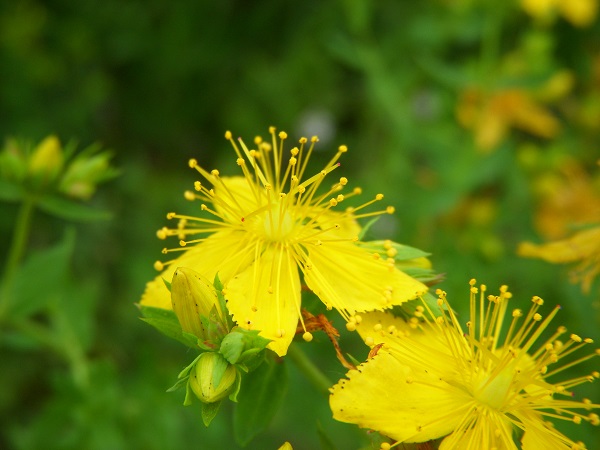
Justin Williams, graduate student, will defend his thesis, "Forecasting the Invasion Risk of Non-native Plant Species with the Nebraska I-Rank Assessment," at 8:30 a.m., Dec. 16 in 901 Hardin Hall. His adviser is Craig Allen.
Williams' thesis abstract: The objective of my research is to determine the invasion potential of non-native plant species in Nebraska. I utilized the Impact Rank Risk Assessment Framework (or I-Rank) to evaluate 56 non-native plant species. The I-Rank framework is an assessment designed to evaluate and rank the threat of invasive plants species based on their impact on native species and ecosystems, distribution and abundance, and management difficulty. The I-Rank framework provides a method to objectively evaluate potential invasive species and can be customized for specific areas and circumstances.
I used information from herbaria collections, agency reports, literature review, online databases, and solicited expert opinion to evaluate each species. I present methods for quantifying sources of uncertainty in the I-Rank scores. My results indicate the I-Rank Risk Assessment Framework provides a straightforward method for evaluating and identifying invasive species threats and is a valuable tool to synthesize information from numerous sources to prioritize species for management decisions. I discuss relative strengths/weaknesses of the method, offer conclusions, and make suggestions for future research.